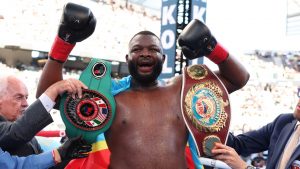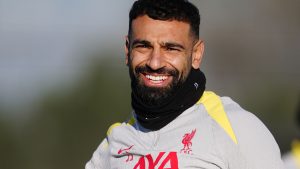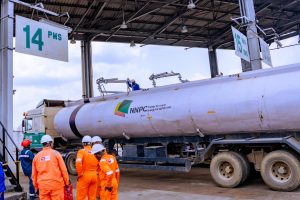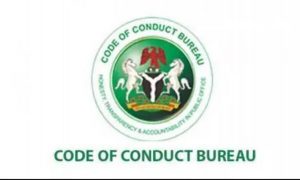Coach Ledesma wants to finish what he started with Pumas

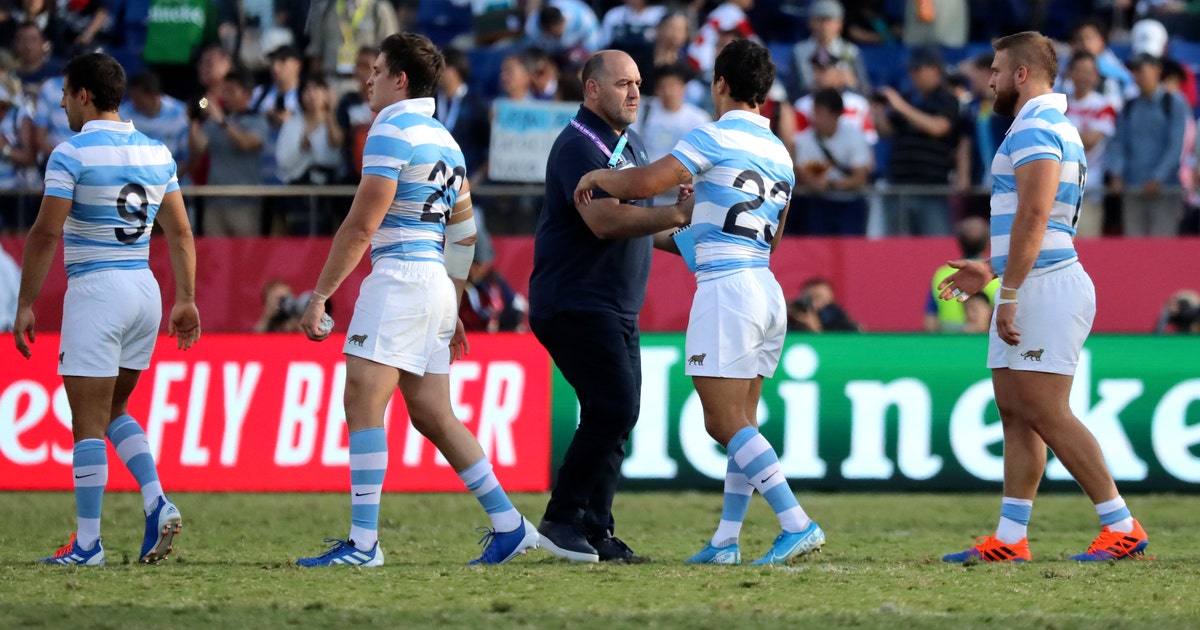
When Daniel Hourcade resigned and Mario Ledesma took over as Argentina coach in August 2018, his first squad included six newcomers.
Ledesma was thinking beyond the 2019 Rugby World Cup because the Pumas were dysfunctional and he had only a year to get them ready for the showpiece event.
He persuaded the union to loosen its rule against overseas players, and mined the under-20s for talent. Before the European tour that November, the captaincy was transitioned from long-time skipper Agustin Creevy to Pablo Matera.
Initially, results were good. South Africa and Australia were beaten in the 2018 Rugby Championship, but then the growing pains set in, performances weren’t pretty, and results were even less so.
In the 31-man Rugby World Cup squad, 16 came to their first in Japan. Their tournament of regret ended on Wednesday, but Ledesma is far from finished with them.
The coach has come in for heavy criticism for Argentina’s failure to get out of the pool stage for the first time in 16 years. And he is defiant.
He said he was “mainly responsible” for the exit as coach, but not entirely. He wasn’t half asleep on the field as France produced a 20-3 halftime lead in Tokyo, or when the Pumas had to play with 14 men against England from the 18th minute in Tokyo. The defeats, especially to France 23-21 after coming back to lead by one, were painful.
But they were not surprising.
Wales liked to say it forgot how to lose during its national record 14-win streak that lasted into August. In that regard, Argentina forgot how to win over the past year. Near-misses against Scotland at Murrayfield, New Zealand in Buenos Aires, Australia in Brisbane, and South Africa in Pretoria highlighted the Pumas’ inability to finish off and close out.
They came to Japan on a nine-loss streak and scarred by defeat. France was their 10th in a row . Beating lowly Tonga ended the run, and was only Argentina’s ninth win in 43 tests since the 2015 Rugby World Cup.
The 10th win in 45 tests was against the lowly United States, 47-17 on Wednesday , when the Pumas said they finally began to show their game plan, which must have counted on flimsy Eagles backline tackling.
On the other hand, Ledesma wasn’t served by Pumas whose form was below expectations. It wasn’t just flyhalf Nicolas Sanchez, the record point-scorer and mainstay who wasn’t even in the reserves against England. Others, including lock Tomas Lavanini — even before the red card against England — and captain Pablo Matera were ordinary.
Perhaps it was no coincidence that most played for the Jaguares, who had their best year yet in Super Rugby by reaching the final. There were 26 Jaguares in the Pumas’ 31-man squad. Every team has had a long year, too, but if the Pumas really were tired then they weren’t managed well.
The union’s rule on picking overseas players for Argentina only when needed to ensure the Jaguares are competitive is upstanding. But it has been said before that Argentina’s reliance on the Jaguares is like the All Blacks picking only from the Super Rugby champion Crusaders. New Zealand has four other Super Rugby teams. Argentina doesn’t have any others, and is undermining only itself when it doesn’t gather its best Pumas for the tournament that best defines them.
Sanchez was among three overseas-based players in the squad, and local fans were surprised when overseas-based No. 8 Facundo Isa, and backs Juan Imhoff and Santiago Cordero missed out on selection.
The Pumas lacked world-class playmakers. They had no individual who worried their opponents. But the future appears in good hands.
Lock Guido Petti had a good second World Cup at 24. Juan Cruz Mallia, the center who prefers wing, was the standout in the win against the United States. Also rising to the occasion were scrumhalf Felipe Ezcurra, wing Bautista Delguy, back from a nasty broken ankle, and prop Mayco Vivas, who was one of the six newcomers in Ledesma’s first squad.
Ledesma is contracted to 2021 and feels he’s only just beginning to make a mark. After four World Cups as a player and two as a coach, he wants to finish what he started.
“There are 16 boys that made their World Cup debut, and they are going to get a lot of learning from this experience,” he said. “My heart aches. We are out of the World Cup. But with those young guys, the future is looking good for Argentine rugby.”



